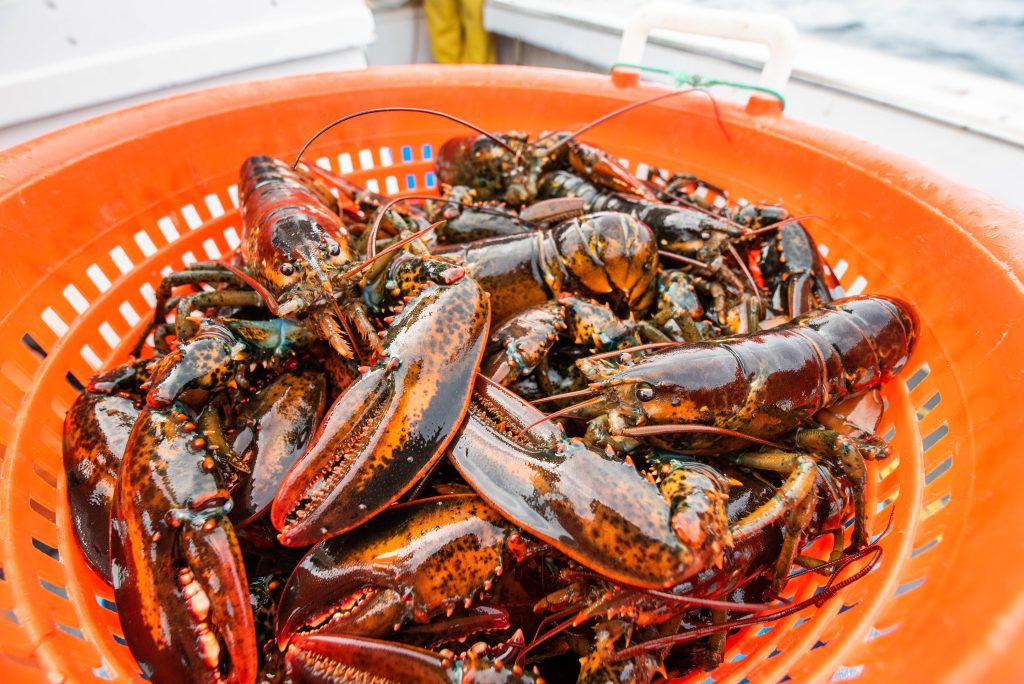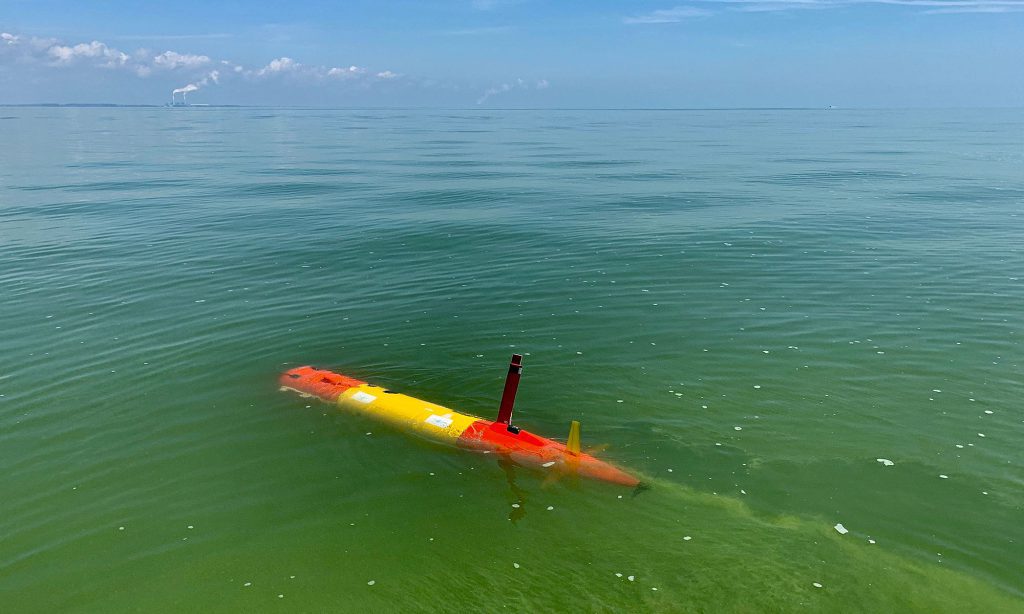funding: education mini-grant opportunity announced
The NOAA Ocean Acidification Program (OAP) is pleased to announce the launch of the FY24 Education Mini-grant Program! The principal objective of this grant opportunity is to provide federal financial assistance to develop ocean and coastal acidification education tools and programs in underserved and/or Indigenous communities or Tribes. To learn more about this federal funded opportunity, […]
funding: education mini-grant opportunity announced Read More »




